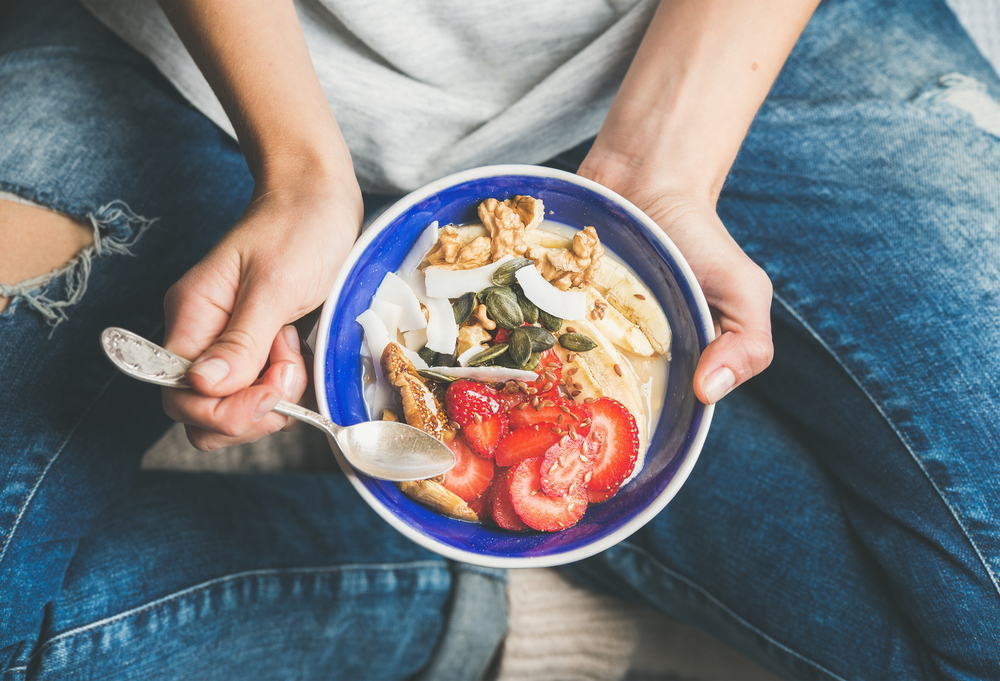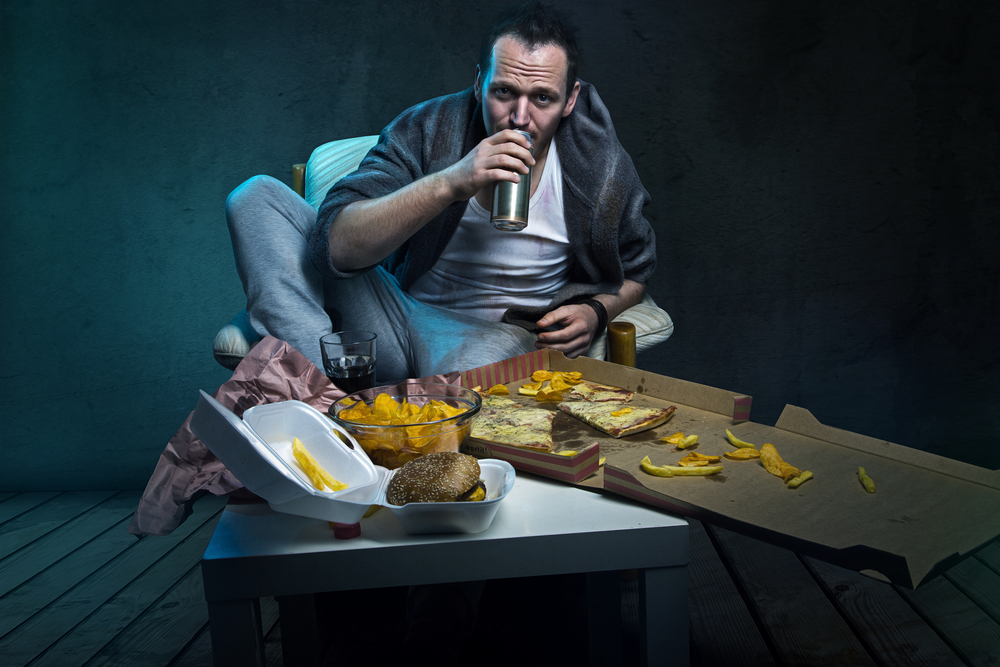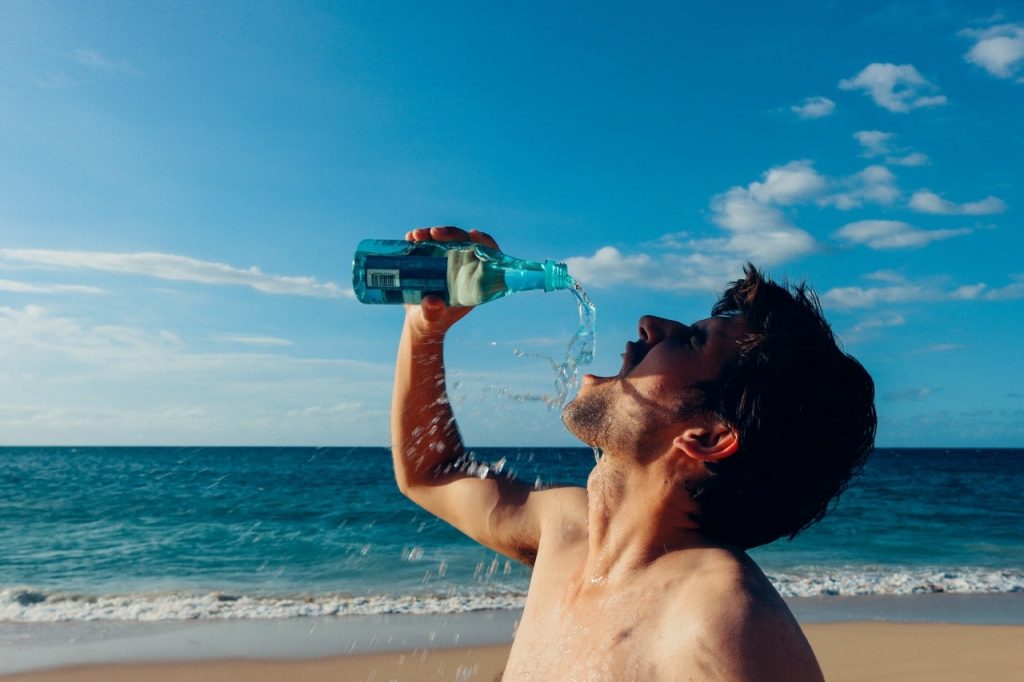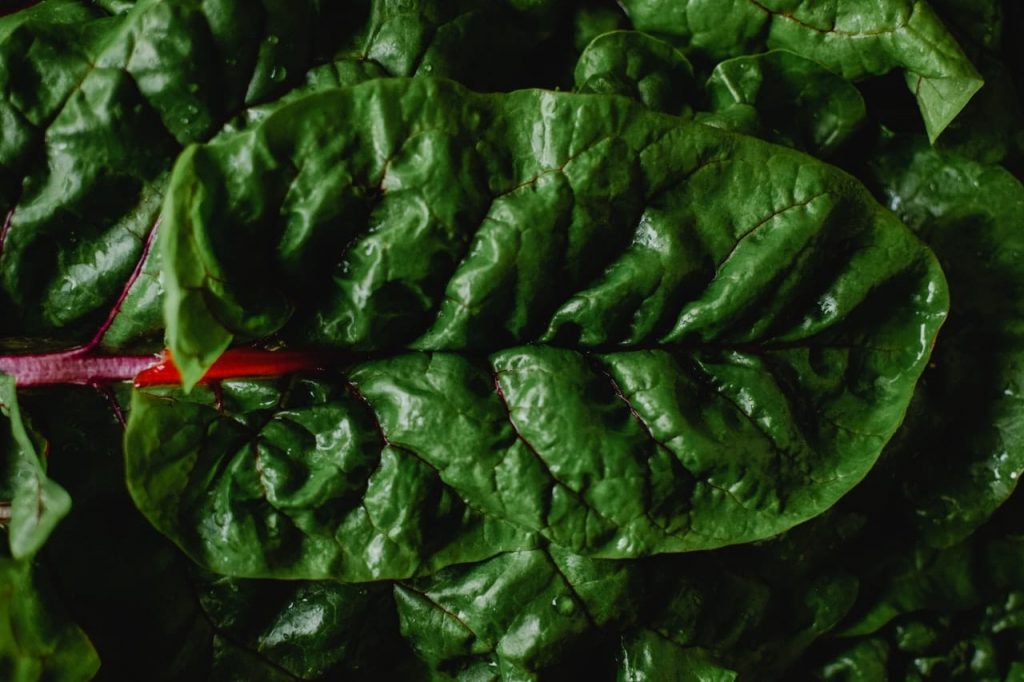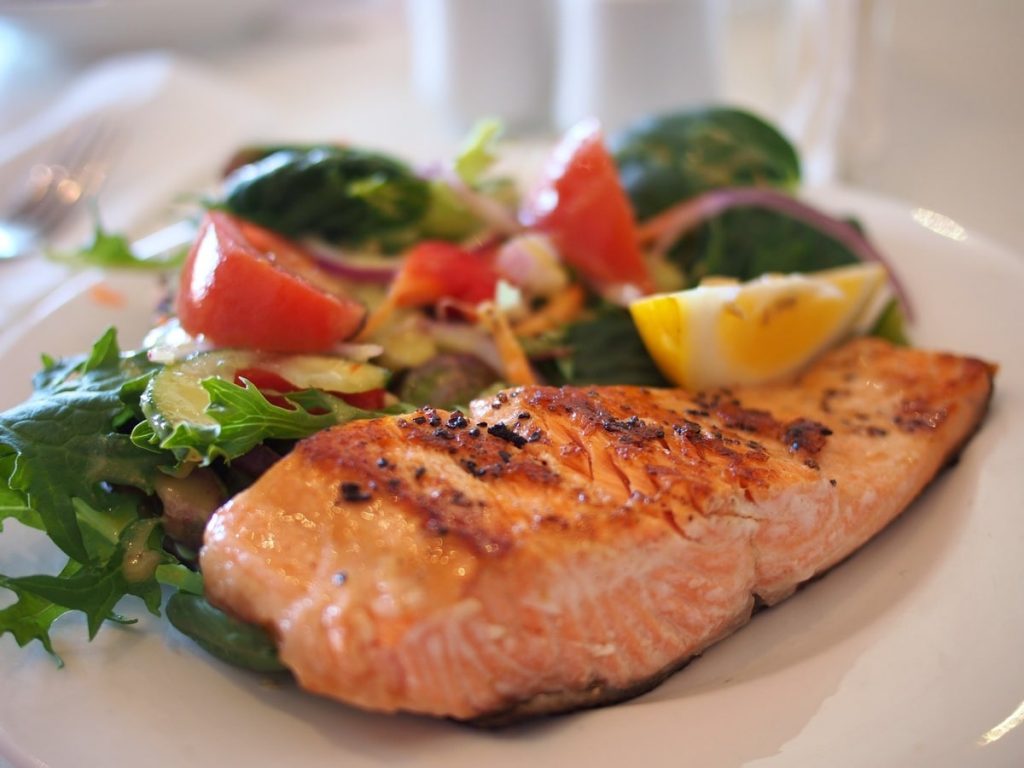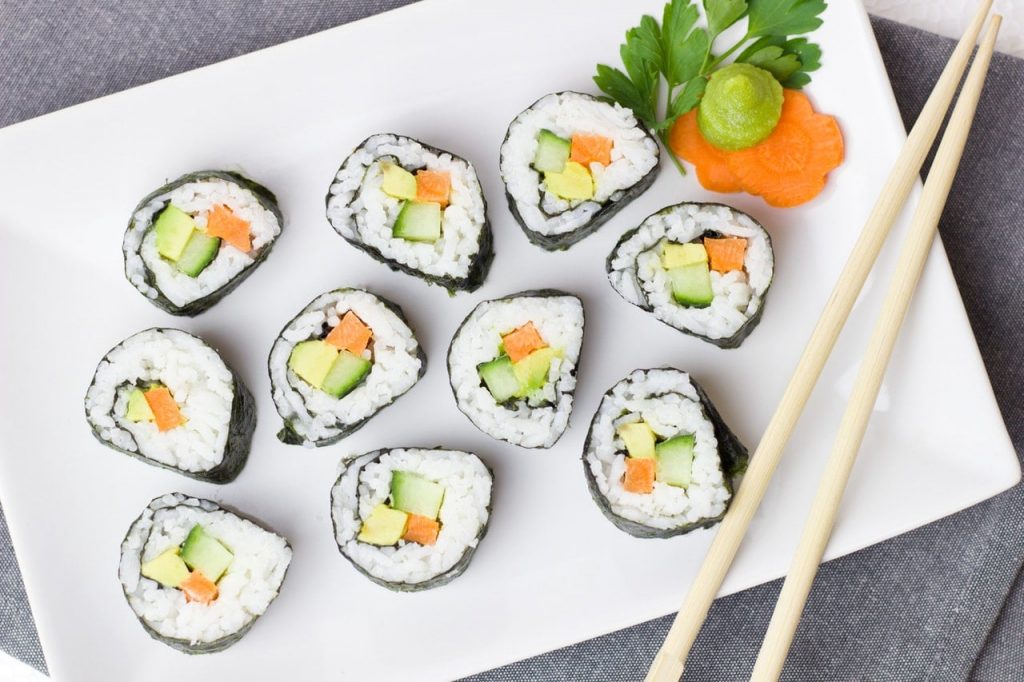Drugs & Food: When Do Addicts Overeat & Undereat?
When it comes to drugs and food, there are many different things that can happen. Some people may overeat when they are taking certain drugs, while others may undereat. It all depends on the drug and how it affects the person's hunger or food habits. In this article, we will discuss how drugs can affect someone's eating habits. We will also explore the reasons why people may overeat or undereat when they are taking drugs.
The Effect of Drugs on Hunger or Food Habits
One of the most widely held assumptions is that drugs only affect the mind. However, drugs can also have a profound effect on hunger and food habits. Many people who struggle with addiction find that their appetites change dramatically.
Some may lose their appetite altogether, while others may develop compulsive cravings for certain foods. These changes can lead to drastic weight loss or gain, further impacting physical and mental health. In addition, drugs can cause nutrient deficiencies that can weaken the immune system and contribute to other health problems.
For these reasons, it is essential to seek addiction treatment that includes nutrition counseling and care. By addressing both the mental and physical aspects of addiction, treatment providers can help you regain control of your life and body.
With that in mind, let's explore how different drugs affect hunger or food habits:
Marijuana Munchies
Marijuana is well-known for increasing appetite, a phenomenon colloquially known as "the munchies." While the exact mechanisms are not yet fully understood, marijuana is known to increase the production of ghrelin, a hormone that signals the body to eat. Ghrelin levels are usually highest before meals, but they are also increased by stress and lack of sleep.
Marijuana also affects the brain's cannabinoid receptors, which play a role in regulating food intake. These receptors are located in the hypothalamus, a brain region that controls hunger and satiety.
When THC binds to these receptors, it mimics the effects of endocannabinoids, natural compounds that increase appetite. THC also increases orexigenic neurons' activity, which promotes hunger, and reduces the activity of anorexigenic neurons, which signal the body to stop eating.
As a result, eating or smoking weed can make one feel hungry and eat more than they would otherwise. In fact, medicinal marijuana has been prescribed as part of treatment for those who lose weight due to not eating or other health issues. But it's worth noting that not everyone experiences the munchies to the same degree. Some people may find that smoking weed decreases their appetite instead.
The Skinny on Cocaine
Cocaine addiction can lead to weight loss for a variety of reasons. For one, cocaine use leads to a decrease in appetite. This causes the body to release a hormone called cortisol, which suppresses hunger.
In addition, cocaine causes the body to burn more calories and decreases fat absorption from food. Its use can result in dehydration and gastrointestinal problems, such as diarrhea and nausea, contributing to weight loss. This explains why cocaine-dependent people lose a lot of weight.
Some people deliberately use cocaine to try to shed some weight. But it is not a healthy way to lose weight and can have serious consequences. Cocaine interferes with the brain's ability to process hunger signals. So those abusing the drug may not feel hungry - or they may binge eat and then purge. The changes in food habits can cause malnutrition and other health problems.

The Skinny on Amphetamines
Amphetamines are central nervous system stimulants that increase alertness and produce feelings of well-being. They are also appetite suppressants, so some people use them for weight loss. However, long-term use of amphetamines can cause profound metabolic alterations, exposing one to serious health problems.
People who abuse amphetamines often experience a decrease in appetite, leading to weight loss, anorexia, malnourishment, or other eating disorders. Amphetamines can cause a dramatic metabolic increase, leading to excessive weight loss and muscle wasting. They can also interfere with the body's ability to regulate blood sugar levels and put one at risk for diabetes.
Hallucinogens and the Senses
When someone takes a hallucinogen, they usually experience a change in their sense of taste. Foods they normally enjoy may taste strange or unpleasant, and they may lose their appetite altogether. There are several reasons for this.
First of all, hallucinogens alter how the brain processes information from the senses. This can cause people to see, hear, and smell things that aren't there, which can make eating seem unappealing.
Additionally, many hallucinogens produce feelings of nausea and vomiting, which can also discourage someone from eating. Besides, the intense emotions and sensations that are common on a trip can make it hard to focus on anything else, including food.
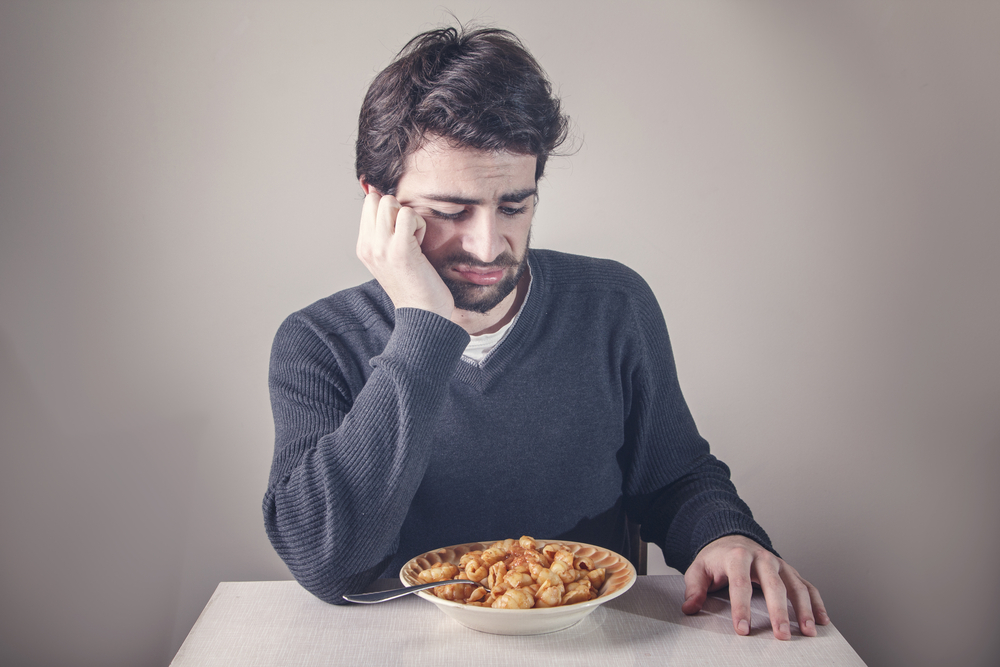
Heroin and Your Appetite
Heroin use can have a significant impact on appetite and diet. Many users often have a decreased interest in food and sometimes even a complete loss of appetite. This can lead to weight loss and malnutrition.
In addition, heroin can cause nausea and vomiting, making it difficult for addicts to keep food down. In fact, their bodies reject all kinds of foods, including fatty foods. As a result, many heroin addicts are significantly underweight and may suffer from health problems due to their poor diet. Heroin use can interfere with the body's ability to absorb nutrients, further exacerbating the problem of malnutrition.
However, some people struggling with heroin addiction also overeat compulsively. This is because the drug can increase levels of the hormone ghrelin, which is responsible for stimulating appetite. For these addicts, maintaining a healthy weight can be a constant struggle.
Addiction and Food Habits
Substance abuse is a complex disease that affects the brain in many ways. One of the most insidious effects is how it can alter the brain's circuitry for regulating mood and impulse control. This can lead to changes in eating habits that can be either overeating or undereating.
Unfortunately, these changes can further compound the problems associated with addiction, creating a vicious cycle that is difficult to break free from. Overeating can lead to obesity and associated health problems, while undereating can lead to malnutrition and extreme weight loss. In either case, these changes in eating habits can make it even harder for addicts to recover from their disease.
If you are struggling with addiction and its effects on your eating habits, it is important to seek professional help. Many addiction treatment centers exist to help you overcome addiction and establish healthy eating habits.
We can help. Give us a call today. We are open 24/7. You'll be glad you did.
